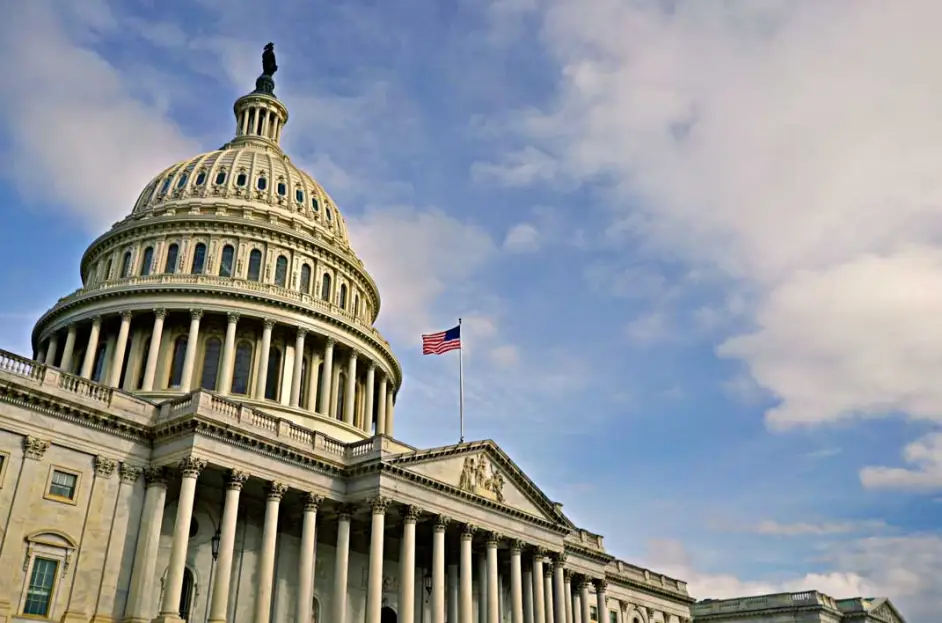In a Senate hearing addressing the impact of AI on journalism, lawmakers have thrown their support behind media industry appeals to compel tech giants, including OpenAI, to pay for licensing news articles and other data used in training algorithms.
Senators Richard Blumenthal and Josh Hawley, from both Democratic and Republican ranks, expressed a shared belief that companies like OpenAI should compensate media outlets for utilizing their content in AI projects. Blumenthal, who chairs the Judiciary Subcommittee on Privacy, Technology, and the Law overseeing the hearing, emphasized that such compensation is not just morally right but legally required.
Leaders from the media industry, including Curtis LeGeyt, CEO of the National Association of Broadcasters, Danielle Coffey, CEO of the News Media Alliance, and Roger Lynch, CEO of Condé Nast, endorsed the idea of licensing during the hearing. They highlighted concerns about AI companies endangering their industry by utilizing their work without proper compensation. Coffey went as far as to claim that AI companies “eviscerate the quality content they feed upon,” while Lynch characterized training data acquired without permission as “stolen goods.”
The discussion also touched upon copyright infringement concerns, with both Coffey and Lynch asserting that AI companies are potentially infringing on copyright under existing law. Lynch urged lawmakers to clarify that using journalistic content without securing licensing agreements does not fall under fair use, a legal doctrine allowing copyright violations under specific conditions.
Despite the often adversarial nature of Senate hearings, the mood in this session was largely congenial, with lawmakers and media industry insiders applauding each other’s statements. Hawley expressed agreement with Lynch’s suggestion that if Congress could clarify the non-applicability of fair use in using journalistic content for AI training, the free market would naturally address the issue.
However, not all voices at the hearing supported mandatory licensing. Journalism professor Jeff Jarvis argued against compulsory licensing, asserting that training on data obtained without payment is fair use and warning that such regulations could harm the information ecosystem.
Outside the committee room, there is less consensus on the necessity of mandatory licensing. AI companies, including OpenAI, have argued that licensing all training data is impractical. Some independent AI experts, such as Sarah Kreps from Cornell University, share this sentiment, suggesting that compulsory licensing could favor large firms with the resources to pay for licenses, creating challenges for smaller AI startups.
The hearing also shed light on ongoing legislative efforts, including the Journalism and Competition Preservation Act, which empowers news outlets to negotiate licensing arrangements collectively, and the Bipartisan Framework on AI Legislation proposed by Blumenthal and Hawley, advocating for a licensing regime overseen by an independent body.
As the hearing revealed, Congress is increasingly critical of the potential impact of AI on the tech industry and its potential adverse effects on journalism. Blumenthal, in particular, expressed concerns about Big Tech’s impact on the local media ecosystem, describing it as “literally eating away at the lifeblood of our democracy.” The discussion signals a growing push for regulatory measures to address the complex intersection of AI, journalism, and intellectual property rights.








